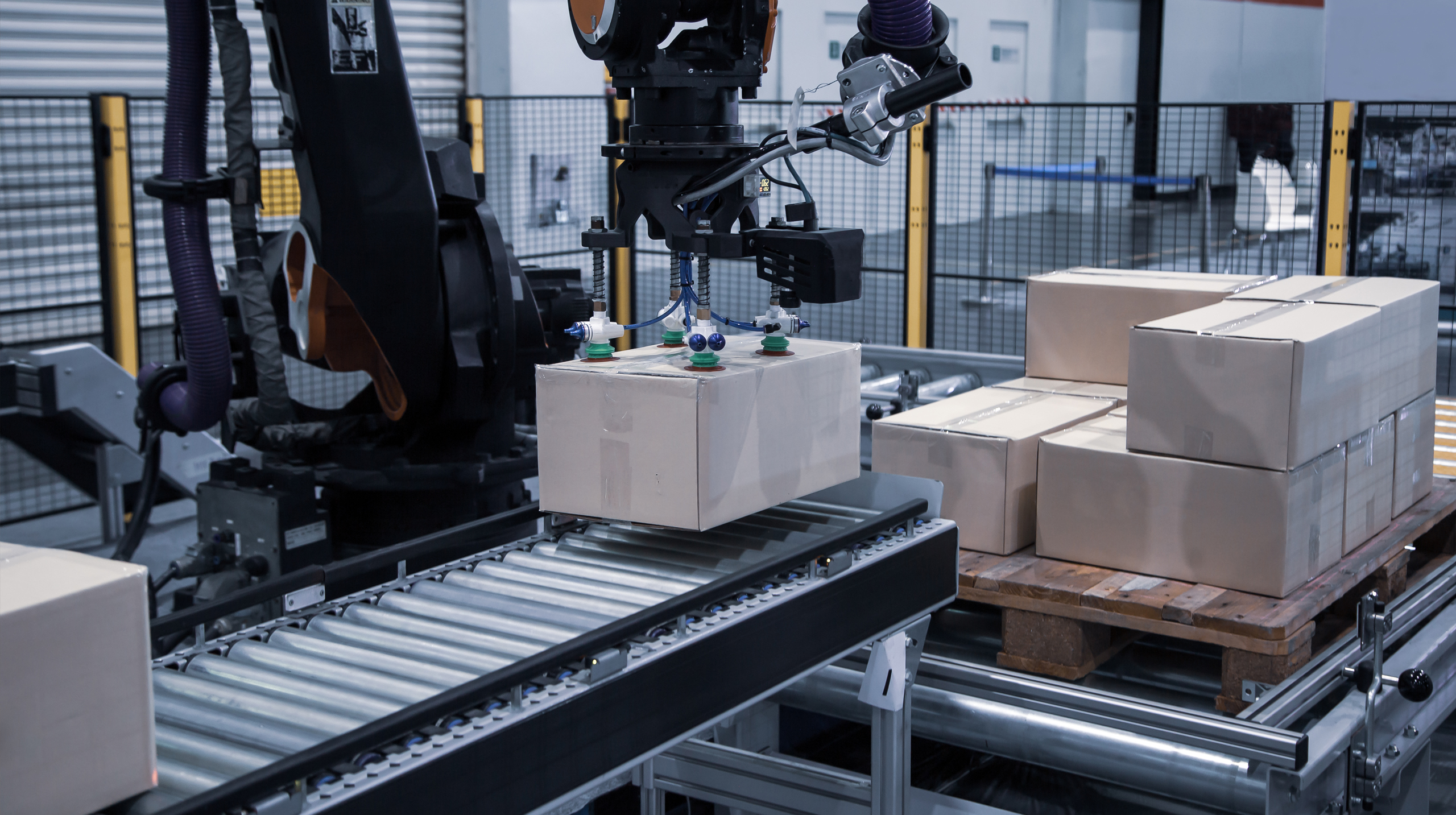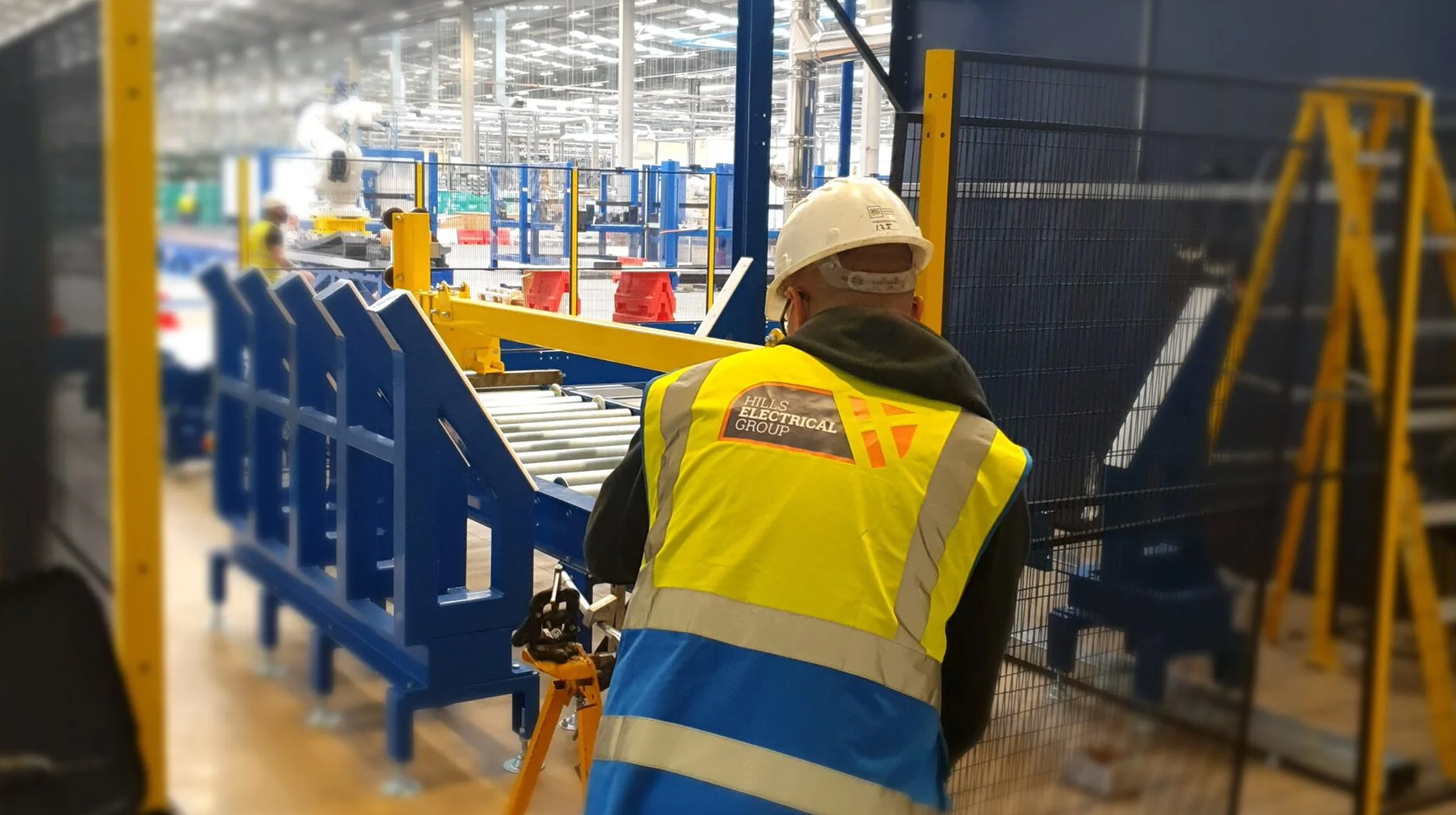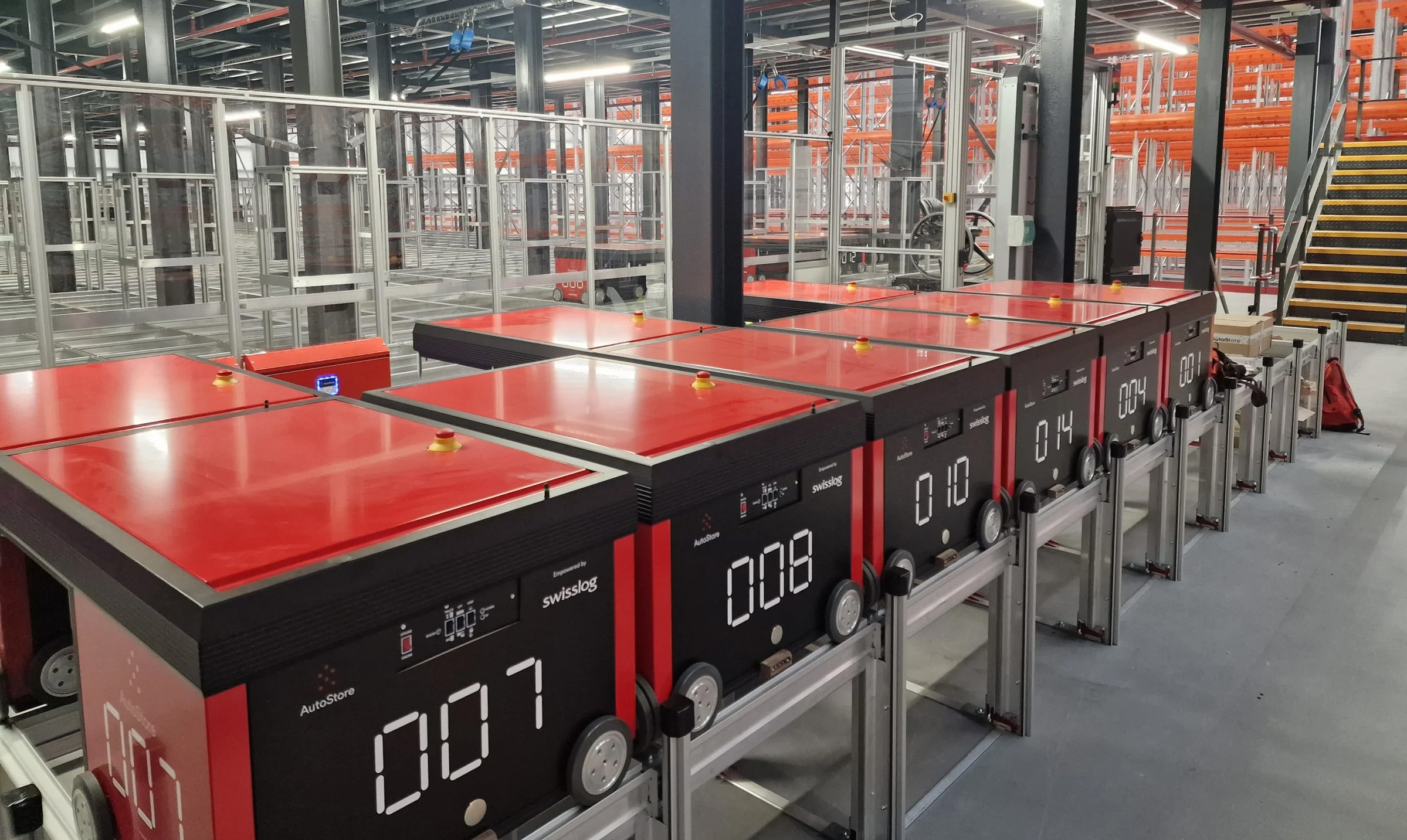We Are Now Autostore Installation Certified
Speak to a member of our team
Get in TouchThese panels are the nerve centre of any industrial operation, allowing machines to be controlled, monitored, and maintained with precision.
Whether you’re managing a sprawling factory or a small production line, the efficiency and safety of your operations depend on a well-designed control panel. Poor design can lead to operational inefficiencies, frequent breakdowns, increased maintenance costs, and, in the worst-case scenario, safety hazards.
But designing an industrial control panel isn’t just about arranging switches, wiring, and circuit breakers. It’s a sophisticated process that involves understanding electrical standards, choosing the right components, ensuring ergonomic layout, and planning for future scalability.
The enclosure is the backbone of any industrial control panel. It houses and protects the components from environmental factors such as dust, moisture, and heat.
Enclosures come in various sizes, materials, and protection ratings to suit different industrial environments.
Reliable power supply units are critical for stable operation. These convert incoming voltage to a level that’s usable by the control components.
Factors such as voltage tolerance, wattage, and efficiency should be carefully considered to ensure smooth performance.
Safety is paramount in control panel design. Circuit breakers and fuses protect the system from overload and short circuits, preventing damage to components and ensuring worker safety.
Efficient wiring and cable management are essential for the functionality and maintenance of the control panel. Properly labelled and organised wires reduce troubleshooting time and help in identifying connections quickly.
The HMI provides operators with a visual interface to monitor and control various processes. A well-designed HMI improves user interaction, ensuring that operators can quickly identify issues and take corrective action.
One of the key considerations in industrial control panel design is future scalability. Industries evolve, and so do their automation needs, you don’t want to be caught out in a muddle when your business needs an upgrade! Designing the industrial control panel with extra space, adaptable wiring, and flexible layout options will allow for easy upgrades without a complete overhaul.
Industrial control panels generate heat, which can degrade sensitive components over time. Integrating proper ventilation, heat sinks, or cooling fans can prolong the life of the panel and improve overall efficiency.
Compliance with industry standards such as UL 508A, NFPA 79, and IEC 60204 is critical for ensuring the safety, performance, and legal compliance of the control panel.
A well-organised control panel reduces downtime and makes maintenance tasks easier. Placing components that require frequent access (fuses or relays) near the front of the panel can save time during repairs.
Safety is one of the most critical aspects of control panel design. A failure in the system can lead to downtime, costly repairs, or even serious accidents. Here are a few important safety considerations:
By following industry standards, selecting the right components, and focusing on scalability, you can design control panels that streamline operations, reduce downtime, and ensure safety for operators.
Whether you’re working on a new project or upgrading an existing system, keep these best practices in mind to ensure your industrial control panel design meets both technical and safety requirements.
At Hills Electrical, we take pride in empowering forward-thinking businesses to stay at the forefront of innovation with our state-of-the-art electrical design and installation services.
From the automotive industry to e-commerce and packaging, we’ve partnered with companies across diverse sectors, helping them boost productivity and streamline operations with advanced industrial control panel design solutions.
Ready to see how our expert electrical services can elevate your business? Contact us today for a chat about your businesses industrial control panel design and let our team assess how we can help you thrive.




Feel free to fill out our form below and a member of our team will be in touch.